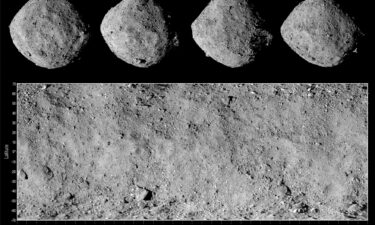
Latest science shows the moon has been stealing Earth’s atmosphere for billions of years
By Jacopo Prisco, CNN (CNN) — Particles from Earth’s atmosphere have been carried into space by solar wind and have been landing on the moon for billions of years, mixing into the lunar soil, according to a new study. The research sheds new light on a puzzle that has endured for over half a century
Continue Reading



























